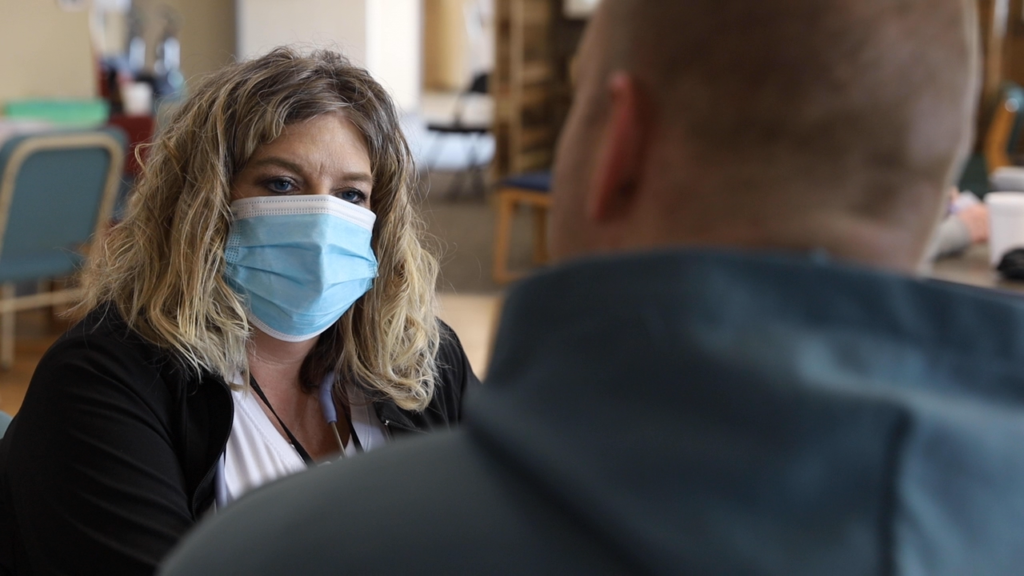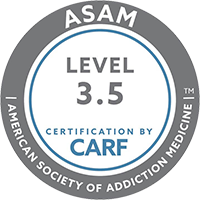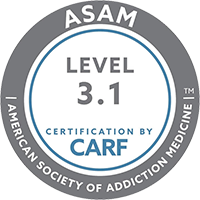
Experts estimate that about 2.4 million people in the United States live with hepatitis C. The disease causes liver inflammation, most commonly caused by a viral infection (HCV). Today, most people become infected with hepatitis C by sharing needles and other equipment. Hepatitis C can also be spread during birth from mother to baby.
IT IS MORE COMMON THAN NOT
“In Kentucky, it is considered an epidemic all on its own,” said Paige Ross, Addiction Recovery Care’s Vice President of Healthcare Operations. “It spreads so fast. It can go from one person to 20 in just a couple of exchanges.”
A person potentially infected undergoes a simple blood test to be diagnosed. Addiction Recovery Care (ARC) created outside partnerships to ensure clients receive the best possible care. Once diagnosed, clients receive multiple follow-ups with medical professionals and receive medication for hepatitis C while being treated for their addiction.
“We are treating the whole person. Helping someone get better physically is a big part of recovery,” added Ross.
Symptoms Include:
- Dark yellow urine and/or light-colored stool
- Fatigue
- Fever
- Jaundice — yellowing of the skin and eyes
- Loss of appetite
- Muscle and joint pain
- Nausea and vomiting
- Vague stomach pain
Hepatitis C causes both acute and chronic infections. There is no vaccine for the disease.
4 Keys to Your Longterm Health
- Prevention: Avoid behaviors that put you at risk.
- Get Tested: If you’ve shared needles and other equipment do not be hesitant to take a test.
- Know Your Status: Positive or Negative?
- Get Treated: If you are positive, begin receiving treatment immediately.
Misconceptions
Hepatitis C is not spread through breast milk, food, water or casual contact such as hugging, kissing and sharing food or drinks with an infected person.





